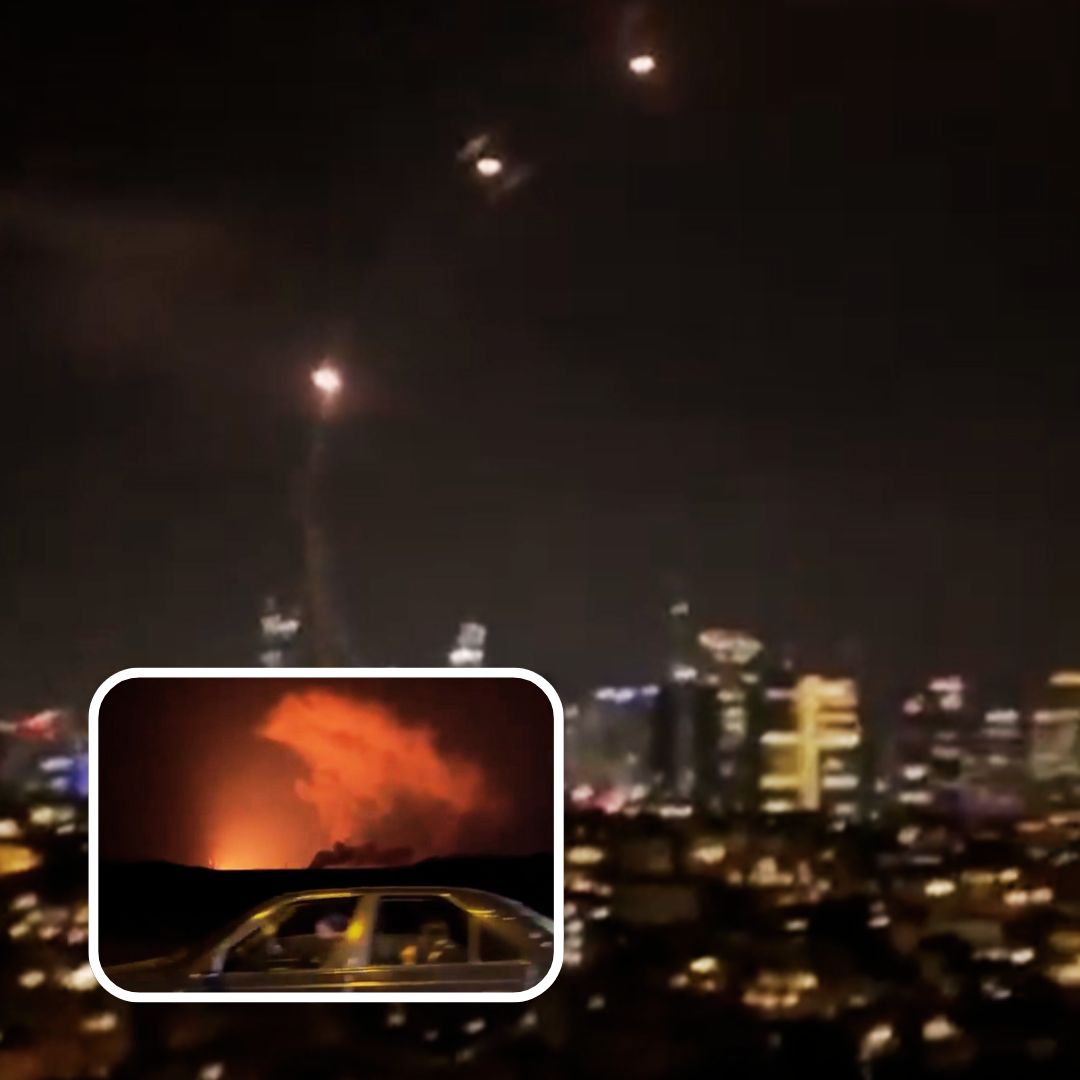For the fourth consecutive night, Israel and Iran have engaged in intense military exchanges, with the latest and most alarming incident being a series of explosions and ground tremors near Iran’s Fordow nuclear site early Monday, June 16.
Israeli forces confirmed strikes on key Iranian missile facilities, while Iran vowed further retaliation after losing senior Revolutionary Guards commanders in earlier attacks.
The conflict has now claimed over 224 lives in Iran—predominantly civilians—and between 10 and 14 in Israel, with hundreds more injured. International leaders are sounding the alarm over the risk of a wider regional war, as diplomatic efforts and nuclear negotiations have collapsed amid escalating violence.
Fordow Nuclear Site at the Centre as Civilian Toll Mounts
The Fordow Fuel Enrichment Plant, located near Qom and protected deep underground, has become a flashpoint in the escalating conflict. Residents reported a series of loud explosions and significant ground tremors around 2:30 am local time on Monday, sparking fears of potential damage to one of Iran’s most sensitive nuclear sites.
While satellite images and International Atomic Energy Agency (IAEA) updates suggest that Fordow’s main infrastructure remains largely undamaged, Iranian officials acknowledged minor structural impacts in the vicinity and said air defences shot down several Israeli drones.
Israeli Defence Forces (IDF) spokesperson Rear Admiral Daniel Hagari stated, “Our operations are focused on neutralising Iran’s missile and nuclear capabilities to prevent further escalation and protect Israeli citizens.” Iranian state media reported that retaliatory missile strikes struck several Israeli cities, including Haifa and Ashdod, causing civilian casualties and widespread panic.
The Iranian Health Ministry has confirmed that over 224 Iranians have died since the conflict began, with nearly 90% of the victims being civilians caught in the crossfire. More than 1,400 Iranians have been wounded. In Israel, emergency services have reported between 10 and 14 deaths, along with over 100 injuries resulting from Iranian missile attacks on urban centers.
Escalation, Retaliation, and Regional Repercussions
The current surge in violence began with Israel’s surprise launch of “Operation Rising Lion” on June 13, targeting over 200 Iranian military and nuclear sites in an effort to cripple Iran’s strategic capabilities. These strikes resulted in the deaths of high-ranking Iranian Revolutionary Guards officials and nuclear scientists, further inflaming tensions. Iran’s response was swift and forceful, with “Operation True Promise III” involving more than 150 ballistic missiles and 100 drones aimed at Israeli military and civilian infrastructure.
The conflict has quickly expanded beyond direct military targets. Iran has threatened to close the Strait of Hormuz, a vital global oil shipping route, leading to a sharp rise in oil prices and fears of energy shortages. Air travel across the region has been severely disrupted, and mass evacuations have taken place in border areas. The violence has also led to the suspension of international nuclear negotiations, with both sides trading accusations and hardening their positions.
International leaders, including those at the G7 summit in Canada, have issued urgent calls for restraint. German Chancellor Friedrich Merz emphasised the summit’s commitment to preventing Iran from acquiring nuclear weapons and de-escalating the crisis. UN Secretary-General António Guterres warned, “The risk of a broader Middle East war has never been higher.
All parties must immediately cease hostilities and return to the negotiating table.” Despite these appeals, both Israeli Prime Minister Benjamin Netanyahu and Iranian President Ebrahim Raisi have pledged to continue their respective military campaigns unless their demands are met.
The Logical Indian’s Perspective
The tragic escalation between Israel and Iran is a sobering reminder of the devastating human cost of armed conflict. With over 200 lives lost in just a few days—most of them innocent civilians—the urgent need for peace, empathy, and dialogue has never been clearer.
The Logical Indian stands firmly for the protection of human life, the upholding of international law, and the pursuit of diplomatic solutions over violence. The collapse of nuclear talks and the targeting of civilian areas highlight the dangers of unchecked aggression and the breakdown of communication.
As the world watches with growing concern, it is crucial for global leaders and citizens alike to champion dialogue, mutual respect, and humanitarian values. We urge all parties to prioritise negotiations and to ensure the safety and dignity of every individual impacted by this conflict.












